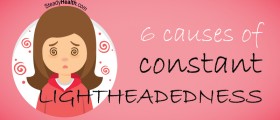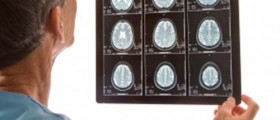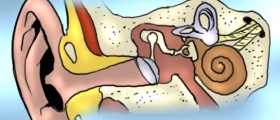
When talking about vertigo, it cannot be regarded as acondition, because it is more a symptom of some other disorder, a feeling that everythingaround the person in question (or the person in question herself) is moving or spinning.It can be compared to dizziness, but there is a difference because vertigo isactually an illusion of movement. More precisely, it can be regarded as a type ofdizziness. There are several types of vertigo as well, but the fact is thatmost frequently, this feeling is caused by certain problems either in the brainor in the inner ear.
Causes and symptoms ofvertigo
As it has already been mentioned, the main symptom is thesensation of spinning of everything in the room that the person is in, but itis also possible that the person experiences the sensation that he or she isspinning. The most usual type of vertigo is benign paroxysmalpositional vertigo, in which the sensation of motion is initiated by moving thehead in a particular direction, or by an unexpected movement of the head. Good thingabout this type is that it can easily be treated and that it is not serious. However, if vertigo is caused by some kind of inflammationof the inner ear, then the real cause is usually some bacterial infection ofthe ear, and in some cases it may result in a loss of hearing.
Acoustic neuroma, which is a tumor of the nerve tissue, mayalso cause vertigo, as well as ringing in the ear or loss of hearing. Migraine may also lead to vertigo, and it is frequentlyaccompanied by headaches. Multiple sclerosis has vertigo as one of the most commonsymptoms, but it can also be a result of a head trauma, complications ofdiabetes, decreased blood flow to the brain, or even cerebellar hemorrhage.
When vertigo occurs, it is very likely that it will befollowed by nausea or vomiting, the person will feel off balance and disoriented,but it is also possible that abnormal movements of the eyes will occur, as well asslurred speech, problems with swallowing and walking. Sometimes the symptomsmay last for only a few minutes, but it is not uncommon that they last forhours.
Diagnosing vertigo
Besides a thorough examination of the medical history of thepatient, the doctor may also require a CT scan in order to rule out the braininjury as the cause, in case there is such a suspicion. On the other side, itis also important to check the levels of sugar in the blood, and to check theheart rhythm with the help of ECG.
















-Causes,-Symptoms,-Diagnosis,-Treatment_f_280x120.jpg)
Your thoughts on this
Loading...